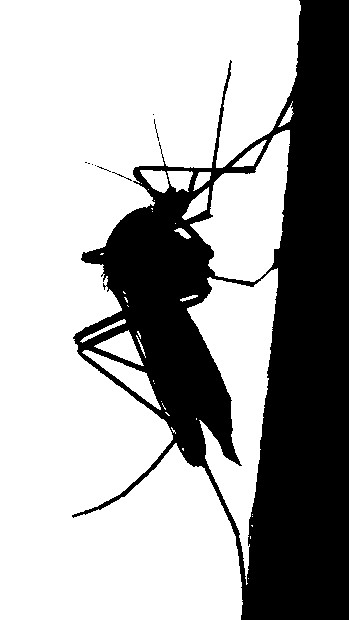New virus guidance
 Safe Work Australia has issued new guidance for Japanese encephalitis.
Safe Work Australia has issued new guidance for Japanese encephalitis.
The new work health and safety guidance on Japanese encephalitis is aimed at any persons conducting a business or undertaking.
Japanese encephalitis is caused by the Japanese encephalitis virus (JEV). It is spread through mosquito bites and is more common in areas of increased mosquito activity.
Infection in humans is usually asymptomatic, but on rare occasions it can result in severe disease such as encephalitis (infection of the brain) and even death.
JEV spreads when a human is bitten by a mosquito that has previously bitten a pig or a wild waterbird infected with the virus.
Japanese encephalitis has been detected in parts of South-Eastern Queensland, New South Wales, Northern Territory, Victoria and South Australia.
Detailed in its new guidance, Safe Work Australia makes the following recommendations:
-
encouraging or ensuring vaccination, particularly if workers have been identified as part of a group for priority vaccination
-
avoiding or minimising working outside where possible, especially dusk/evening and dawn when mosquitoes are most active
-
eliminating mosquito breeding sites around the workplace where possible, including removing any debris which may collect standing water
-
ensuring workers avoid contact with bodily fluids and tissues of potentially infected animals, or if this is not possible, ensure workers have appropriate training in handling potentially contaminated animals and are provided with appropriate personal protective equipment such as masks, eye protection and gloves
-
installing insect screens on windows, doors, vents and other entrances
-
using insecticide sprays, vapour dispensing units (indoors) and mosquito coils (outdoors) to clear rooms or repel mosquitoes from an area
-
protecting workers and others at the workplace from being bitten by mosquitoes







 Print
Print